
Complete Guide on Credit Cards
03 Oct 2023

Table of Content
-
Introduction
-
What is a Credit Card?
-
How Do Credit Cards Function?
-
What is APR?
-
What are the Different Types of Credit Cards?
-
Pros and Cons of Credit Cards
-
Eligibility to avail of a Credit Card
-
Documents Required for a Credit Card
-
How to Apply for a Credit Card
-
How to choose the Right Credit Card
-
What is a Credit Card Score?
-
What should I Look for in a First Credit Card?
-
Credit Cards Vs. Debit Cards
-
How To Use Credit Cards?
-
Why do I need a Credit Card?
-
Important Credit Card Terms
-
Bottom Line
Introduction
Credit cards are a great way to manage your finances and build credit. With the right strategy, you can use them to pay for purchases, earn rewards, and even get cashback. In this article, we’ll cover everything you need to know about credit cards – from the basics of how they work and how to apply for one, to building your credit score and using rewards programs. Let us understand what is the meaning of a credit card.
What is a Credit Card?
A credit card is a plastic or a virtual card that gives the cardholder a line of credit to use for purchases. Banks, credit unions, and other financial institutions issue credit cards. It is a payment card that allows you to make purchases and manage your finances. It’s convenient to access funds and pay for goods and services without carrying cash or writing cheques. With a credit card, you can buy items online and in stores, pay bills, and transfer balances from one account to another. Credit cards also provide rewards programs, which can help you save money when you use your card for everyday purchases.
BOB Financial (wholly owned subsidiary of Bank of Baroda) offers an array of consumer & commercial credit cards and caters to all segments of customers with varied needs, including but not limited to everyday Shopping Cards, Travel Cards, Business Cards for large corporates as well as MSMEs. We have exclusive credit cards for Defence Personnel including the Indian Army, Indian Navy, the Indian Coast Guard, Assam Rifles, professionals like ICAI, ICMAI & ICSI, co-branded cards with HPCL, Snapdeal, IRCTC, Premium Lifestyle cards like Eterna, Premier, and more such exciting variants. Discover range of Bank of Baroda credit cards at www.bobfinancial.com
How Do Credit Cards Function?
After knowing the credit card definition, let us discuss the functioning of the credit cards. Within your predetermined credit limit, you can use a credit card to make purchases both online and offline. Your credit card information is transmitted to the merchant's bank in both scenarios. The lender for your loan receives a verification request from the bank. Your payment will only be executed if your lender authorizes it and checks your information.
What is APR?
The term annual percentage rate (APR) is the interest rate you pay when borrowing money. When using a credit card, interest is not applied if the amount is paid in full and on time each billing cycle.
What are the Different Types of Credit Cards?
There are several kinds of credit cards offered by banks and other financial institutions that you can apply for:
- Rewards Credit Cards
- Cashback Credit Cards
- Travel Credit Cards
- Business Credit Cards
- Student Credit Cards
- Secured Credit Cards
- Store Credit Cards
- Lifetime Free Credit Card
- Co-Branded Credit Cards
- Fuel Credit Cards
- Credit Cards for Women
- Contactless Credit Cards
- Entertainment Credit Cards
- Premium Credit Cards
- Signature Credit Cards
Pros and Cons of Credit Cards
Credit cards come with benefits but have certain limitations as well. Let us look at the advantages of credit cards:
- Eliminate the need to carry cash
- Widely accepted as a mode of payment
- Provide hassle-free shopping experiences.
- Allow easy cash withdrawals.
- Come with a host of discounts, offers, rewards, and cashback.
- Useful in case of financial emergencies
- Improve your credit score.
- You will be assessed interest on whatever debt you have on your credit card.
- If you're not cautious, you will have to spend a lot of money on interest because the interest rate on a credit card is often greater than the interest rate on a loan.
- The ease of using credit cards to spend more money than you have is another risk.
- You will be ending up with a huge debt that you won't be able to pay off if you use your credit card to purchase items that you cannot afford.
- It's crucial to use your credit card only for purchases you can afford and to make monthly full payments.
Here are some of the disadvantages of credit cards:
Eligibility to avail of a Credit Card
● Age
The minimum age to get a credit card is 21 years and the maximum can be up to 60 years. In the case of a student credit card, the minimum age can be 18 years.
● Annual salary:
You're qualified for a certain card based on your annual salary. Confirming this criterion with your bank is recommended because it varies depending on which card issuer you use.
● Nationality or residential status:
Applicants may be citizens, residents, or non-residents. However, certain cards are exclusively accessible to the citizens of India.
Documents Required for a Credit Card
Given below is a list of the basic documents required for a credit card:
- A filled application form.
- Passport-size photographs
- Identity proof - PAN card, Aadhaar card, passport, etc.
- Residence proof - Utility bills, Driving Licence, PAN card, Aadhaar card, etc.
- Bank statements and pay slips for the last three months.
- Form 16
For self-employed applicants:
- Proof of income and business
- Account statement
For students:
- Student ID card along with application form
How to Apply for a Credit Card
Offline Procedure:
- Apply in person at the issuing bank or over the phone with customer service.
- Fill out the application form with your personal information, including your name, address, DOB, PAN card information, and job information, including the name of your employer, your position, and your yearly salary.
- Once your application has been submitted and processed, the credit card issuer will contact you with a decision.
- Within a few weeks, if you're accepted, your new credit card will arrive in the mail.
Online Procedure:
- Visit the official website of the bank.
- Select "Apply" on the "Credit Cards" tab.
- Add your employment, financial, and personal information.
- After selecting your preferred credit card, move forward by clicking "Check Eligibility."
- Validate your cell number with the OTP sent to your phone to complete the application process.
- The bank/NBFC will call you once this process is complete to set up a time and place for the completion of the physical documentation process.
- The bank will next send a field agent to your chosen location to finish the same work, at which point your application will forward.
- Activate your credit card and start using it after your application has been accepted.
Visit www.bobfinancial.com to apply for your preferred card with 100% digital application process. Yes, No Branch Visit or Paperwork is required. Just keep your PAN & Aadhaar card along with your income & employment details handy and apply for your Bank of Baroda Credit Card in 3 simple steps –
Step 1: Simply select the card of your choice
Step 2: Complete the process online only by E-signing your application using Aadhaar
Step 3: Verify your identity choosing VKYC
How to choose the Right Credit Card
● Analyze your lifestyle and spending habits -
The best credit card for you will match your lifestyle. Lenders now provide credit cards that are specifically designed for different lifestyle demands, from shopping to vacation. Keep in mind that the incentives you might receive depend on the sort of card you choose. A travel credit card, for instance, would be the ideal option if you frequently fly as you can take advantage of travel benefits like priority boarding, hotel discounts, lounge access, etc. ETERNA & PREMIER Bank of Baroda Credit Cards offer elevated travel & lifestyle benefits – Check them out now at www.bobfinancial.com
● Check Fees and Penalties -
Credit cards include some hidden costs, such as fees. For example, if you fail to pay your monthly credit card account in full or in part by the due date, you may be charged a fee. Similarly, there are annual and renewal fees for credit cards. Because these data differ from one lender to the next, you should compare them before applying for a credit card.
● Check Rewards Program -
Always check if the benefits will be paid out in points, cashback, or frequent flier miles. To choose which rewards program is appropriate, compare the suggested incentive structure with your spending patterns and way of life. The ability to redeem your rewards is also crucial, as certain lenders may only permit this at partner websites or physical locations. You must check IRCTC BoB Credit Card with rewards on train ticket bookings, Snapdeal BoB Credit Card with cashback & rewards on online shopping and HPCL BoB ENERGIE Credit Card with rewards & savings on fuel purchases. Visit www.bobfinancial.com to know more
● Check Payment Options –
Choose a card that permits payments through a variety of channels to make sure your credit debts are paid off quickly.
● Check Add-On Benefits -
Examine the additional credit card add-on benefits, such as welcome bonuses and special offers for shops and restaurants.
What is a Credit Card Score?
A credit card score is a score that indicates how likely you are to repay a loan or how good your credit is. A high score can increase your chances of being approved for credit cards, loans, and mortgages, while a low score can decrease your chances. Your credit will improve if you use your credit card and pay your bills promptly.
What should I Look for in a First Credit Card?
● No yearly charge -
Your first credit card should ideally be one you wish to keep open indefinitely since it will help you increase the length of your credit history with each month that goes by. The first credit card has to be one without an annual fee so you won't have to pay to keep it open each year.
EASY & SELECT BoB Credit Cards are a perfect fit for the first-time credit card users. Visit www.bobfinancial.com to know more.
● No security deposit -
For people with little credit history, secured credit cards are very common. You must pay a refundable security deposit to obtain this kind of card. The credit card company may be more lenient with whom it authorizes since it receives a deposit in advance.
● Rewards and Incentives -
Rewards are the cherry on top, after all, it's not a terrible perk to earn points from your first credit card offers and avail discounts while using it.
Credit Cards Vs. Debit Cards
Given below is a comparison between credit cards and debit cards to help you understand the difference better:
● Based on the Source of Funds -
Using a credit card is similar to borrowing money. The credit card company makes the payment on your behalf, and you must repay the balance at a later, prearranged date. On the other hand, when you use a debit card, money that is already in your bank account is used.
● Based on Maximum Usage Limit -
Your usage is limited to the credit limit on your card since credit cards have them. Debit cards, on the other hand, do not have any restrictions, and the only thing limiting your usage is the amount you currently have in your bank account.
● Based on Repayment -
When using a credit card, you must repay the amount borrowed before the due date. However, because debit cards employ pre-existing cash, you are not required to make any repayments.
● Based on Interest and Penalties -
If you do not pay your credit card bills by the due date, you will be charged a penalty and interest on the outstanding balance. There are no such duties with debit cards. When you use your credit card to make a purchase, you receive attractive points, offers, and savings and debit cards provide incentives as well, but there are fewer of them.
● Based on Effect on Credit Score -
Your credit score is unaffected by using a debit card. On the other hand, the way you use credit cards might have a favourable or negative effect on your credit score.
Also Read: Difference Between Credit Card & Debit Card
How To Use Credit Cards?
● Ask for a higher credit limit -
Ask the issuer for the highest credit limit available when you apply for a credit card online. The larger credit limit will boost your credit score in addition to raising your buying limit.
• Recognize the benefits -
To get the most out of the rewards and perks, thoroughly examine the reward point system and utilize the card intelligently. The majority of credit cards come equipped with a variety of reward programs and bonuses for certain types of purchases.
● On-time payments -
Pay your debts on time if you want to avoid incurring those high-interest rates and penalties. Additionally, this will raise your credit scores.
● Maintain minimum due payment -
The companies that provide credit cards tack on a large interest fee on the debt. Therefore, you must attempt to pay the dues in full each month if you want to avoid incurring such fees.
● Regularly review your statements -
Make sure to thoroughly review your statement each month and comprehend the charges that are applied to your bill. Additionally, check for any questionable transactions. The reason for this can be credit card fraud. Never give out your credit card information to anyone.
Also Read: Things to Keep in Mind While Using a Credit Cards
Why do I need a Credit Card?
● For Credit Building:
Without a credit card, it is far more difficult to establish a credit history. Poor credit history can have a wide-ranging impact on your life. The most apparent is that if you ever need to borrow money, you will have difficulty getting authorized by lenders. Furthermore, it may result in you being denied when applying to rent a property, and in many areas, it may result in increased vehicle insurance premiums.
● For Secured Payments:
Security-wise, credit cards are the most reliable form of payment. You can acquire a new card and have the fraudulent charges cancelled if a thief uses your credit card to make unauthorized purchases. Additionally, the majority of card issuers even offer zero-liability rules, meaning that you won't be held responsible for any fraudulent payments.
● For Earning Incentives:
The finest credit cards frequently include cashbacks, travel points, or other kinds of rewards. This enables you to get a return on your investment.
Discover the amazing offers you get on Travel, Online Shopping, Grocery, & more using your BoB Credit Card, visit: bobfinancial.com
Important Credit Card Terms
Credit Card:
A credit card is a physical card connected to a credit account. You can make transactions with the card using that credit account.
Unsecured Credit Card:
A credit card for which the cardholder is not required to put up a security deposit is typically an unsecured credit card.
Secured Credit Card:
A credit that needs a security deposit made when the account is opened is referred to as a secured card.
Cash Advances:
The act of withdrawing cash via a credit card against your credit limit is known as a cash advance. It is not advisable to take out cash advances because they often have higher APRs and instantly begin to accrue interest.
Balance Transfer:
Transferring a balance from one credit card to another, typically because one card has a better APR, is known as a balance transfer. This function is not available on all credit cards.
Credit Limit:
A credit limit is the maximum balance that a credit card is permitted to carry. Different cash advance limitations apply to several credit cards.
Available Credit:
The available credit on your card is the amount you can spend before your credit limit is reached.
Revolving line of Credit:
It is a credit line that is available for borrowing at any time while the account is open, up to the credit limit.
APR:
The yearly cost of borrowing money is expressed as an APR, or annual percentage rate.
Minimum Payment:
Minimum payment is the least amount you must pay by the due date on your credit card. The card issuer may impose a late fee if you don't pay at least this amount.
Statement Balance:
A credit card statement balance is the amount you owe on your last billing cycle to your card provider.
Credit Score:
Your creditworthiness, or the likelihood that you'll return the money you borrow, is shown by your credit score.
Bottom Line
The right credit card can be a powerful tool. It can help you build credit and provide convenience and security. When used responsibly, it can also offer cashback rewards and travel points that help you save money. Before choosing a credit card, make sure to ask yourself whether or not you need it and if so, which type of card best fits your needs. Understanding APR rates, fees associated with different cards, eligibility requirements, and other factors are important when selecting a card. Knowing how to use credit cards responsibly is essential for getting the most out of your chosen product while keeping debt under control.
Popular Articles
Tag Clouds
-
Disclaimer
The contents of this article/infographic/picture/video are meant solely for information purposes and do not necessarily reflect the views of Bank of Baroda. The contents are generic in nature and for informational purposes only. It is not a substitute for specific advice in your own circumstances. Bank of Baroda and/ or its Affiliates and its subsidiaries make no representation as to the accuracy; completeness or reliability of any information contained herein or otherwise provided and hereby disclaim any liability with regard to the same. The information is subject to updation, completion, revision, verification and amendment and the same may change materially. The information is not intended for distribution or use by any person in any jurisdiction where such distribution or use would be contrary to law or regulation or would subject Bank of Baroda or its affiliates to any licensing or registration requirements. Bank of Baroda shall not be responsible for any direct/indirect loss or liability incurred by the reader for taking any financial decisions based on the contents and information mentioned. Please consult your financial advisor before making any financial decision.

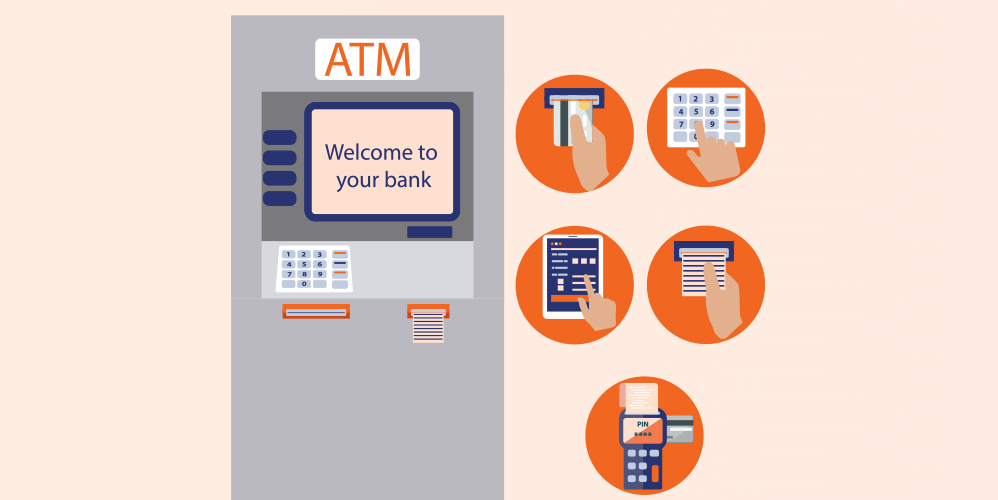


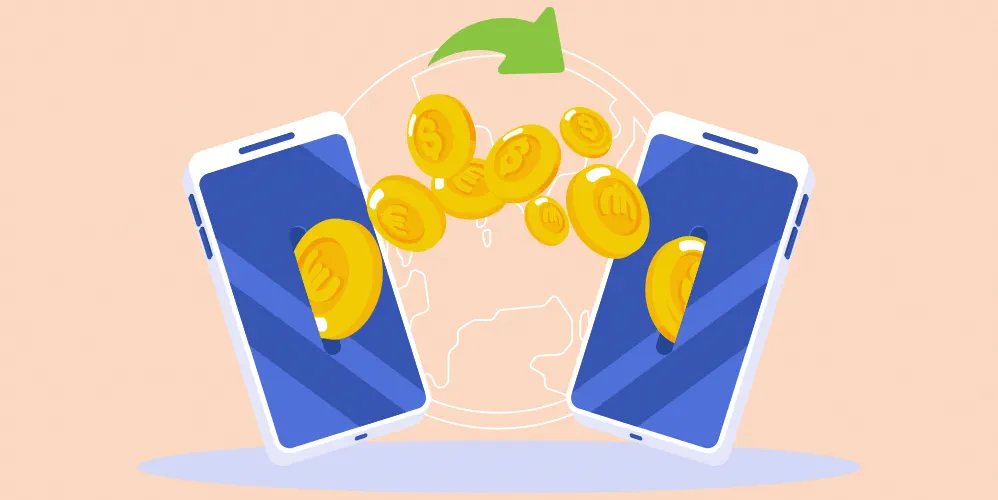
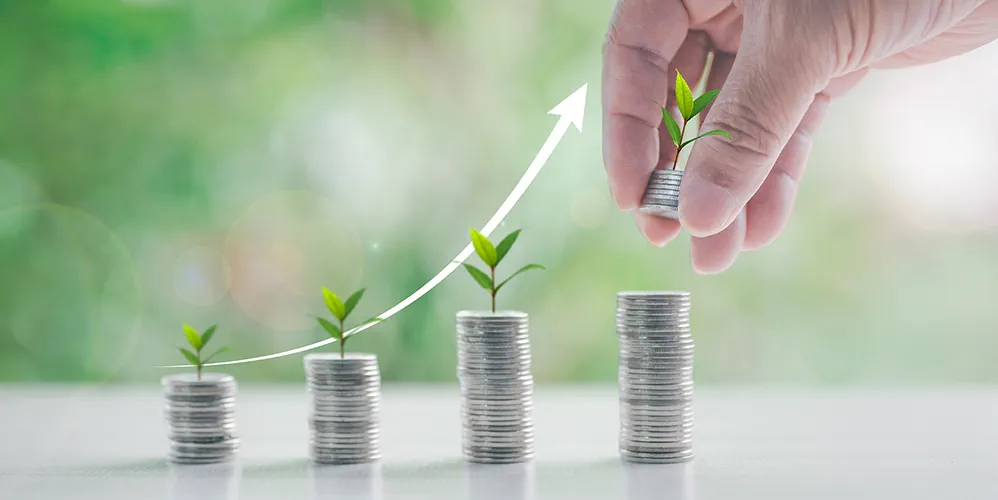
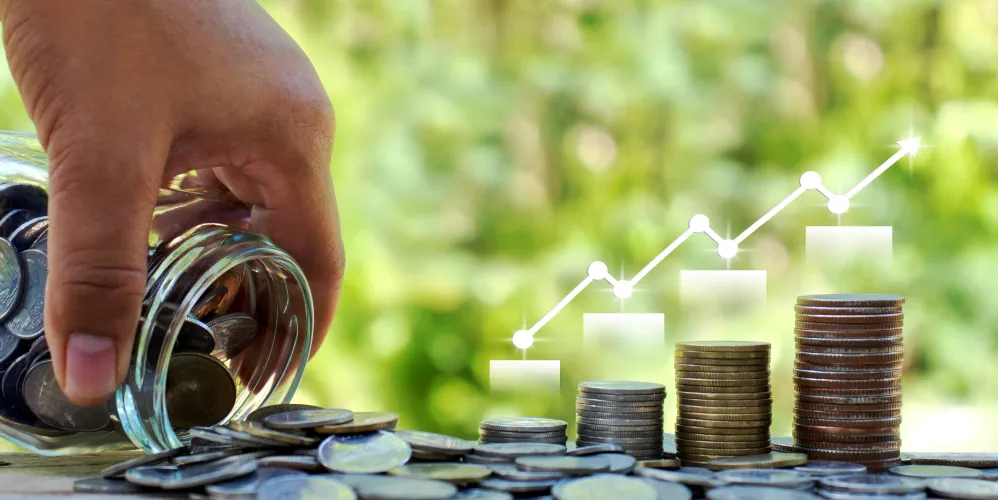
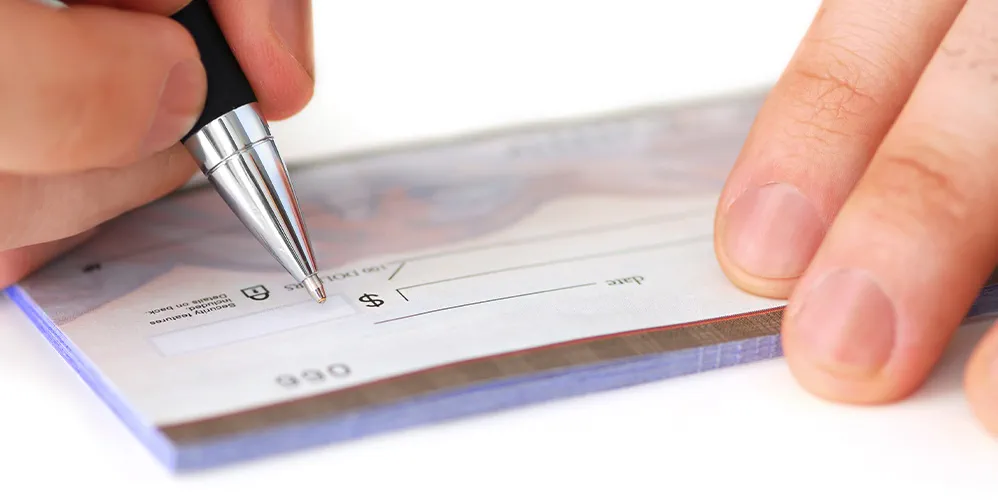



Leave a Comment
Thanks for submitting your details.